Optimal Seasons for Waterproofing Applications
Waterproofing is a critical process that protects structures from water intrusion, preventing damage and extending lifespan. The timing of waterproofing applications can significantly influence their effectiveness, durability, and cost-efficiency. Proper scheduling ensures optimal adhesion, curing, and performance of waterproofing materials.
Spring offers moderate temperatures and increasing humidity, ideal for many waterproofing projects. It allows sufficient curing time before the summer heat.
Summer provides warm, dry conditions that support quick curing and long-lasting results, especially in areas with high temperatures.
Fall's cooler temperatures and lower humidity levels make it suitable for waterproofing, especially before winter.
Winter is generally less suitable due to cold temperatures and potential for freezing, which can impair adhesion and curing.

Ways to make Waterproofings work in tight or awkward layouts.

Popular materials for Waterproofings and why they hold up over time.

Simple add-ons that improve Waterproofings without blowing the budget.

High-end options that actually feel worth it for Waterproofings.

Finishes and colors that play nicely with Waterproofings.

Little measurements that prevent headaches on Waterproofings day.

A 60-second routine that keeps Waterproofings looking new.
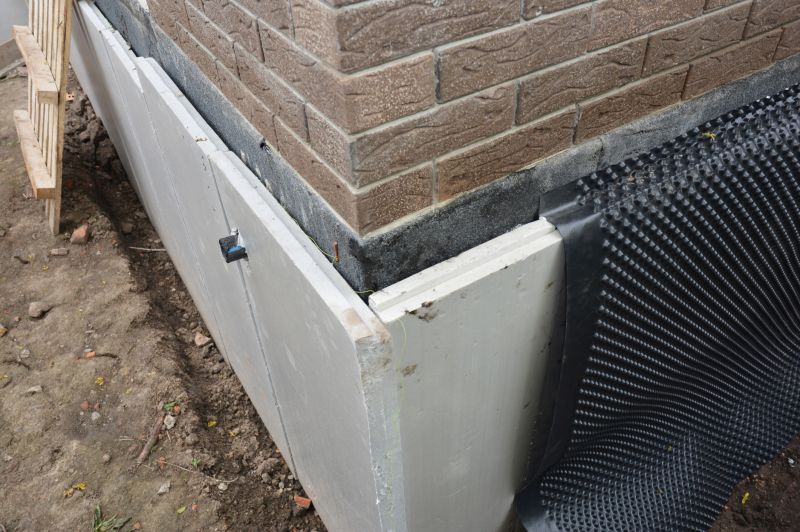
A frequent mistake in Waterproofings and how to dodge it.
| Season | Ideal Conditions |
|---|---|
| Spring | Moderate temperatures with increasing humidity, good for curing and adhesion |
| Summer | Warm and dry, supports quick curing and durability |
| Fall | Cooler temperatures with lower humidity, suitable for winter preparation |
| Winter | Cold temperatures and potential freezing make it less suitable |
Waterproofings are essential for protecting foundations, roofs, basements, and other structural elements from water damage. Proper application timing enhances the longevity and effectiveness of waterproofing materials. Advances in waterproofing technology include flexible membranes, liquid coatings, and vapor barriers, each suited for different environmental conditions and structural needs.

Small tweaks to make Waterproofings safer and easier to use.

Lower-waste or water-saving choices for Waterproofings.

The short, realistic tool list for quality Waterproofings.
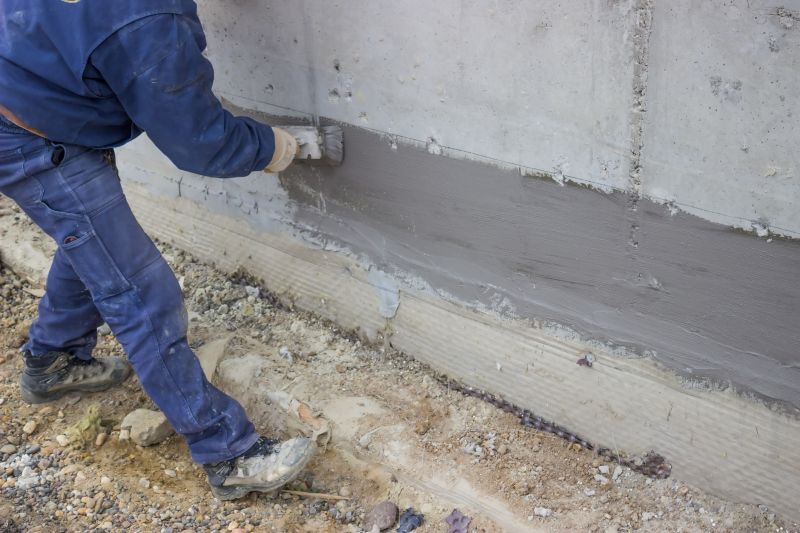
Rough timing from prep to clean-up for Waterproofings.
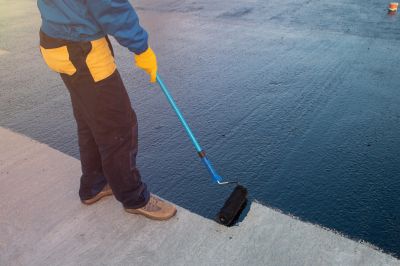
Quick checks and paperwork to keep after Waterproofings.
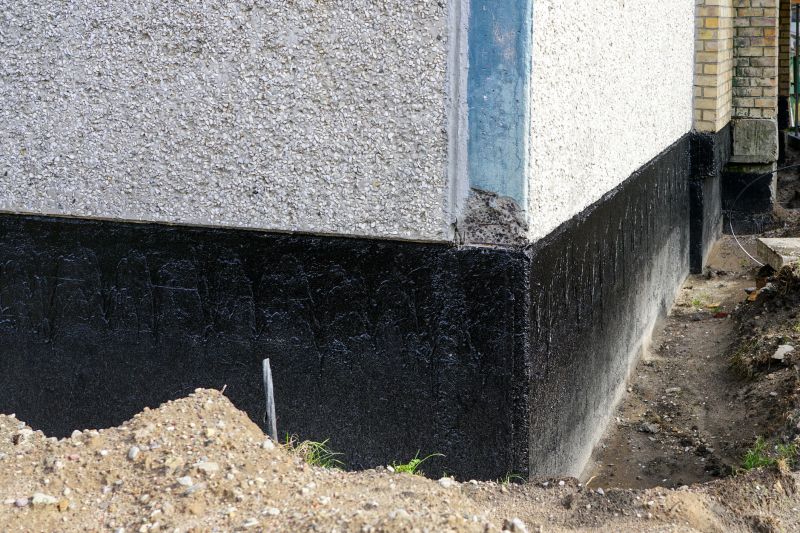
Examples that show the impact a good Waterproofings can make.
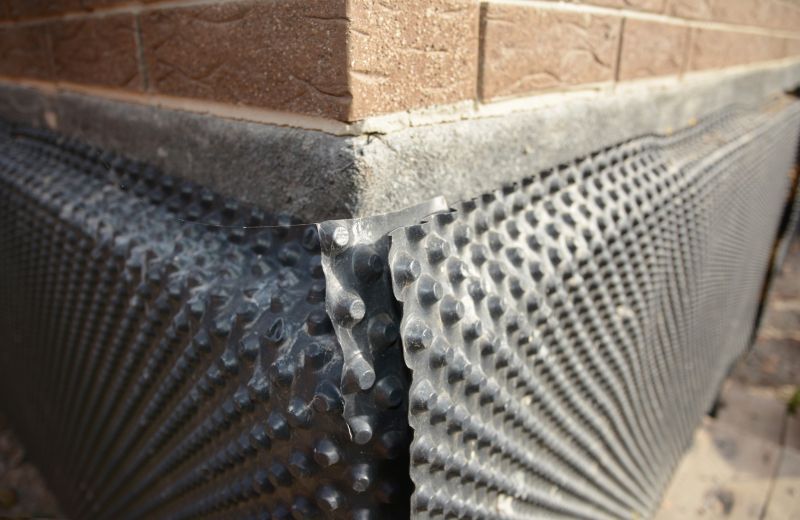
Ways to make Waterproofings work in tight or awkward layouts.
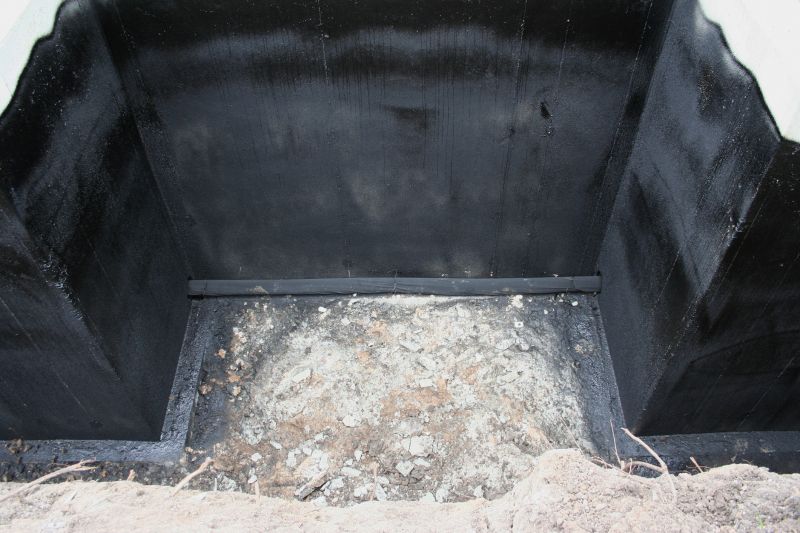
Ways to make Waterproofings work in tight or awkward layouts.
Interested in waterproofing services? Filling out the contact form provides an opportunity to discuss project specifics, receive tailored recommendations, and schedule inspections to ensure optimal protection against water intrusion.


